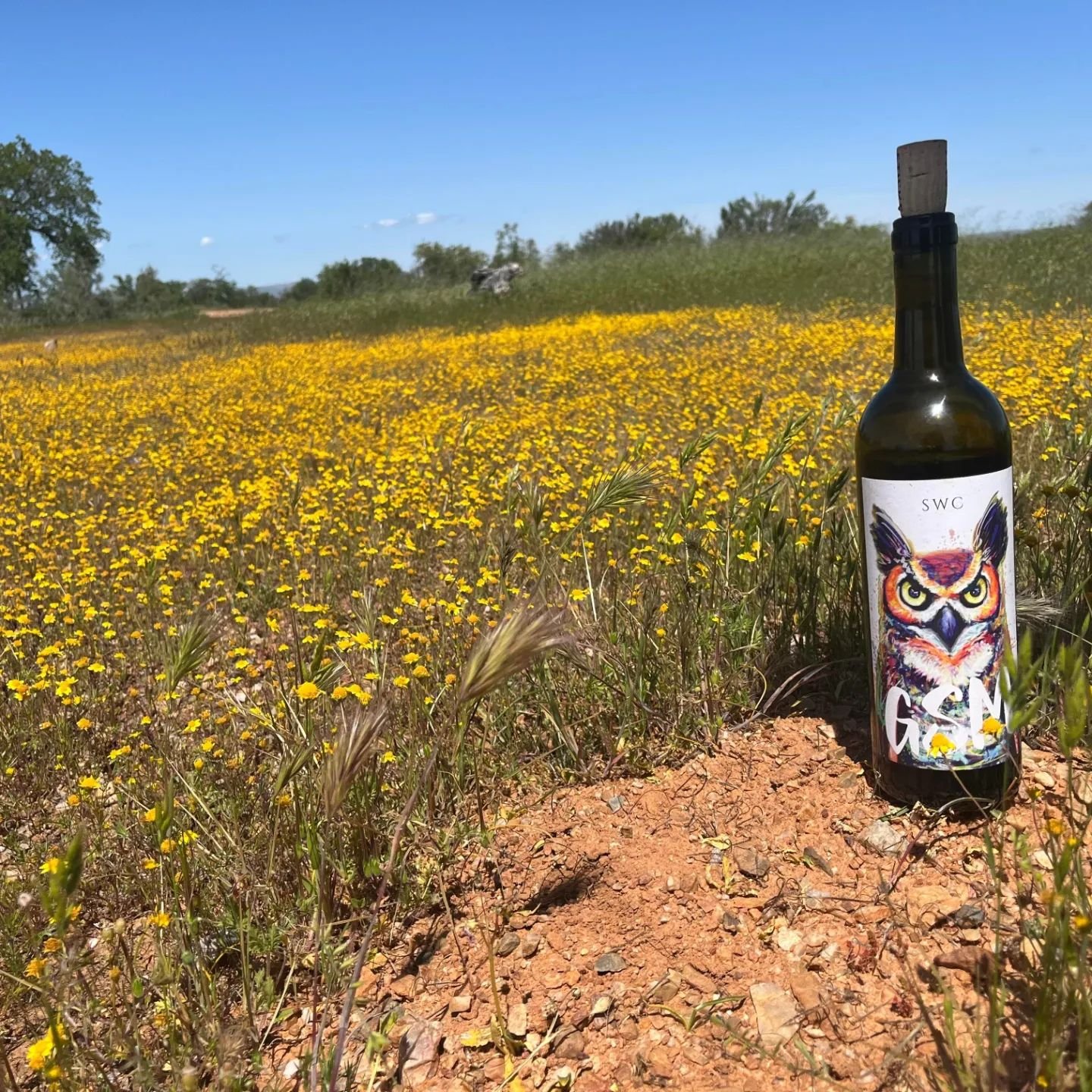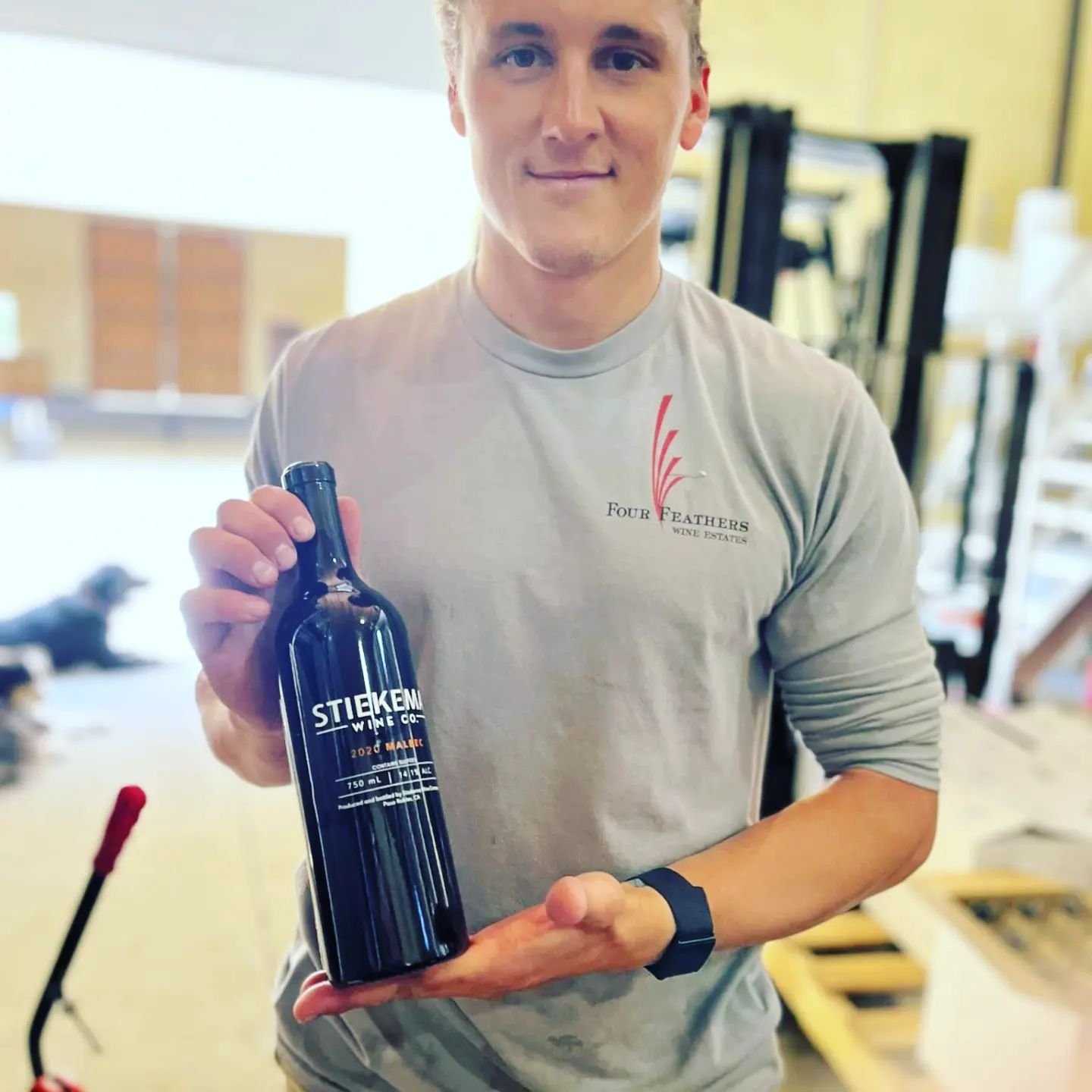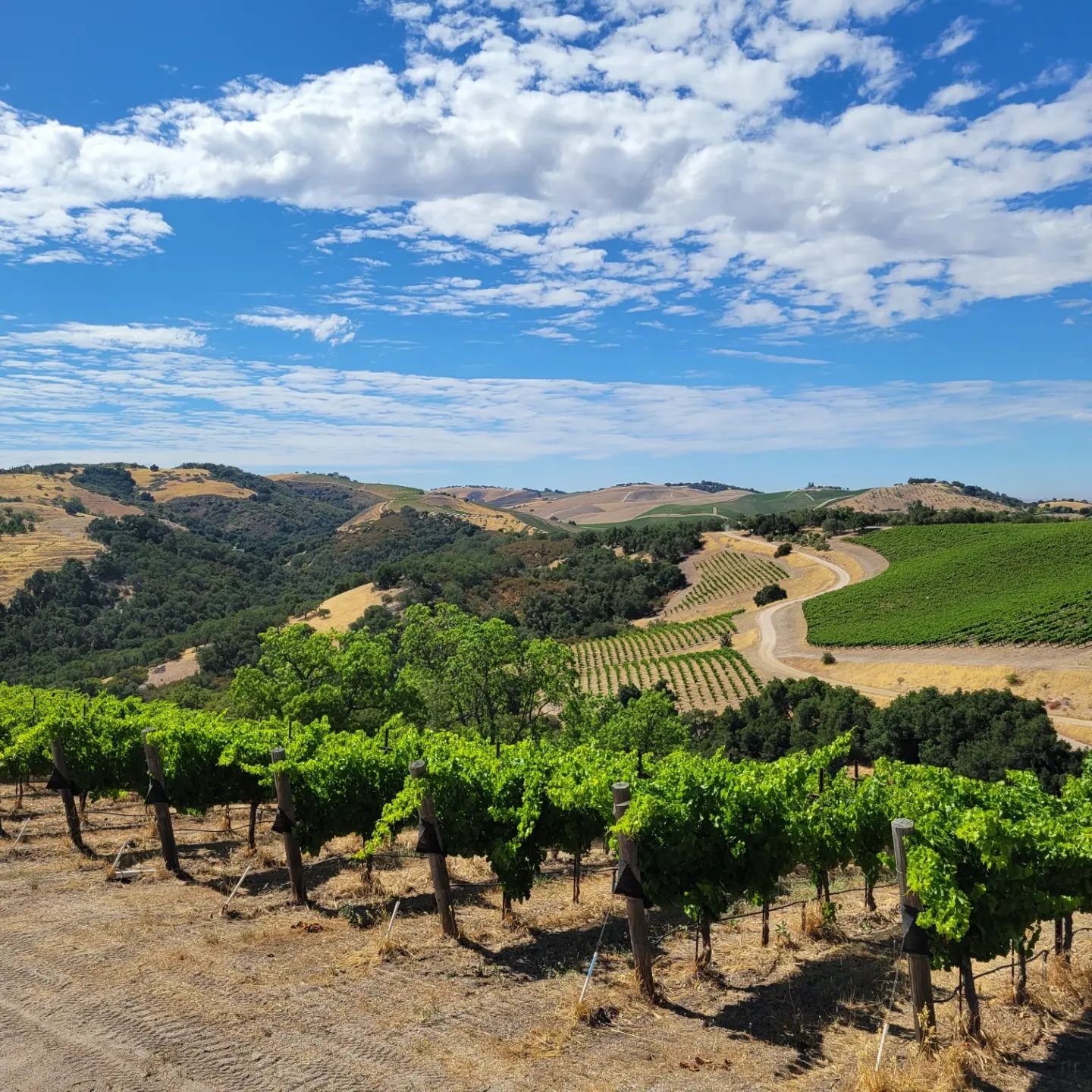Stiekema Wine Company
Get the Dirt from winemaker Michael Stiekema
“Being an immigrant in the US has its challenges, but bringing international influence into California winemaking creates something special. The ultimate goal of SWC is to create wines that are in perfect balance; mouthfeel, acidity, and flavor. ”
What was your first vintage year? 2021.
How many cases do you make per vintage?
a. 2021 = 75 cases
b. 2022 = 140 cases
c. 2023 = 175 cases planned
Do you have a Tasting Room? Sort of. I have an agreement with Vin13 Wine Bar in Paso Robles to host tastings. People can visit by making an appointment on Friday 4-8pm and Saturdays 2 – 8pm.
If not you, who is your winemaker? Owner, winemaker, website designer, label creator, etc. I’m a 1-man army of Stiekema Wine Company (SWC)
What wine made you want to become a winemaker/start your own winery?
GSM’s are my pride and joy. They offer so much versatility and are so much fun to make, drink, and blend.
What varietals do you work with?
I currently work with Grenache, Syrah, Mourvedre for SWC. I also make wine for a few others and those varieties are Petite Sirah and Cabernet Franc; soon to be a part of my wine portfolio.
What vineyards do you source from?
I source strictly from the West Side of Paso Robles. My 2021 Vintage was sourced from 3 different vineyards in the Adelaida District. My 2022 Vintage now includes a Grenache vineyard in Templeton Gap. I’m a man of science and the West Side offers such pristine chemistry. With pristine grapes, I’m confident to experiment and ferment in ways that usually scare people.
What type of oak treatment do you use?
100% French oak all the way! While many Rhone varieties may benefit from other oaks, I want the subtle approach that French oak offers. The benefits of French oak allow me to aged my wines for the desired 14-18 months with confidence.
What do you love about your winemaking region? What makes it different special?
Paso Robles is your friendly neighborhood wine country. The people here are the type that help each other. With so many different backgrounds and personalities here, it’s nearly impossible to not find the people who will hold you close. Besides the friendly faces, the grapes that grow around here are challenging some of the most prestigious regions in the world. People are starting to notice that! That alone gives me the confidence to make the wines I want to enjoy the most.
What’s the story behind your winery name / label?
SWC was founded by bringing my South African heritage into California winemaking. Being an immigrant in the US has its challenges, but bringing international influence into California winemaking creates something special. The ultimate goal of SWC is to create wines that are in perfect balance; mouthfeel, acidity, and flavor.
The label design behind my first vintage showcases an abstract Great Horned Owl. The owl is my spirit guide behind the journey. They represent truth, understanding, patience, and wisdom; arguably some of the most important aspects of winemaking. They showcase these attributes silently but powerfully, and that resonates with me completely. Showcase your worth through actions, not words.
Most importantly, what's so great about being small? What can you do as a small winemaker, that wouldn't be possible for larger wineries?
The best thing about being the 1-man army that I am is that I have full control over the choices that are made. Some of those choices are learning experiences while others are leaps and bounds with confidence. My entire heart and soul are poured into every single bottle that someone holds.
How do you view the future in the wine industry for small-lot winemakers?
Unfortunately, I do not see the future being in favor of the small-lot winemaker. I hope I’m wrong… As the bigger corporations increase their acquisitions, it puts even more pressure on the guys like me who work on their passion projects. It pushes us out of vineyards due to contract minimums, it makes pricing very challenging, but it also takes away the spotlight on smaller winemakers.
The best thing about being a small winemaker is making those personable connections. The elderly couple that joins my club will receive a handwritten letter showing gratitude for their support. The customer attention I can give my members is sincere and personable because they can see exactly what they’re supporting.
If you could choose another wine region to work in what would it be?
I graduated from WSU Tri-Cities in Pasco, Washington. That area showcases many high-quality wines that guided my education and knowledge that I have today. The area is exceptional for growing grapes as well. If California hadn’t presented the opportunities that it did, I would most likely be making wine with my favorite professors at the University.
For more information about Stiekema Wine Company, please visit their website or follow them on Facebook.



